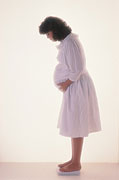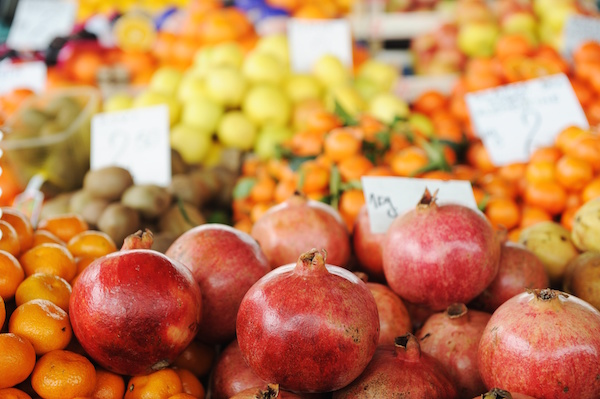
WEDNESDAY, April 7 (HealthDay News) — Mothers-to-be who take vitamin C and E supplements do not reduce their risk of the dangerous high blood pressure condition called preeclampsia, a new study finds.
Although other studies have suggested that these antioxidant vitamins could prevent preeclampsia, this trial of more than 10,000 women found there was no sign “that the drugs did anything to prevent the diagnosis of preeclampsia,” lead researcher Dr. James M. Roberts, from the departments of obstetrics and gynecology at the University of Pittsburgh, said during an afternoon news conference Tuesday.
“That was the disappointing news,” he added. “On the other hand, there was no evidence of problems associated with it [the vitamins] that might have been suspected from earlier trials, except for the interesting finding” that women who took the vitamins experienced spikes in blood pressure slightly more often than women who did not.
The report is published in the April 8 issue of the New England Journal of Medicine.
Preeclampsia is a sudden increase in blood pressure occurring usually after the 20th week of pregnancy. It can affect the mother’s kidney, liver and brain and if untreated can be fatal to the mother and the baby or lead to long-term health problems, according to the U.S. National Institutes of Health.
Earlier studies had suggested that antioxidant vitamins C and E might lower the risk of preeclampsia by preventing damage from free radicals, which are byproducts of the body’s use of oxygen. The theory was that free radicals prevent the placenta from developing normally and interfere with blood flow from mother to baby.
To test whether there were benefits to taking antioxidants during pregnancy, Roberts’s team randomly assigned more than 10,000 women to daily supplements of vitamin C and E, or a placebo, between the 9th and 16th weeks of pregnancy. All the women in the study were having their first child.
In addition, all the women were healthy. None had high blood pressure, kidney disease or gestational diabetes, the researchers noted.
The team found that both groups of women had similar incidence of pregnancy-associated hypertension, seizure, protein in the urine, preeclampsia, blood or liver abnormalities, loss of the fetus, underweight newborns and preterm delivery. These problems occurred in 6.1 percent of women taking vitamin supplements and in 5.7 percent of women receiving a placebo.
Among women taking the vitamins, 7.2 percent developed preeclampsia, compared with 6.7 percent of the women receiving placebo, the researchers noted. This difference was not statistically significant, they added.
According to the NIH, about 6 percent to 8 percent of pregnancies in the United States cause high blood pressure problems. Of these, 70 percent occur in women having their first baby.
Dr. Eva K. Pressman, a professor of obstetrics and gynecology at the University of Rochester Medical Center in New York, said that, “despite our earlier information that oxidative stress played a role in preeclampsia and that we can reduce oxidative stress with vitamins C and E, it doesn’t actually seem to work in clinical practice.”
These findings don’t mean that vitamins C and E are without value, Pressman added. “Vitamin C and E are good for you, but there is no need to take extra doses during pregnancy to prevent preeclampsia.”
Pressman noted that for healthy women, right now there is “not much that can be done to prevent preeclampsia.”
More information
For more information on preeclampsia, visit the U.S. National Institutes of Health.

